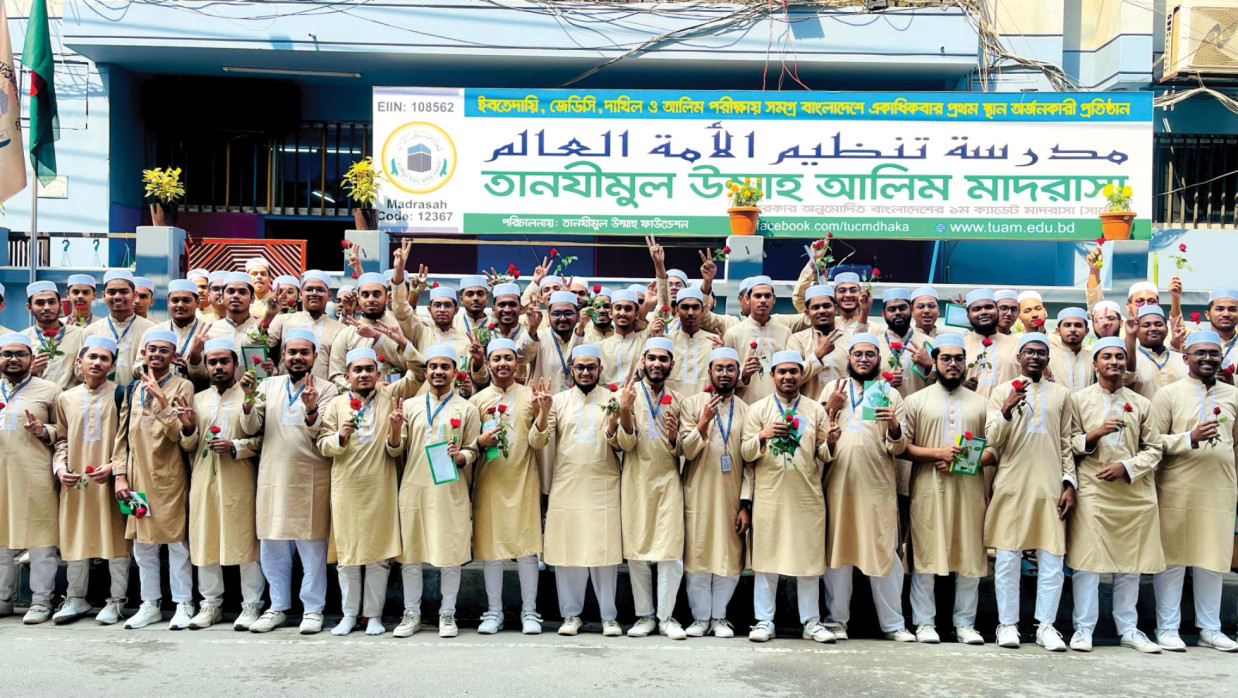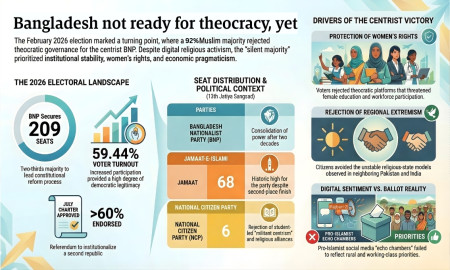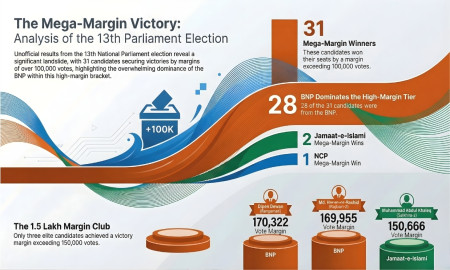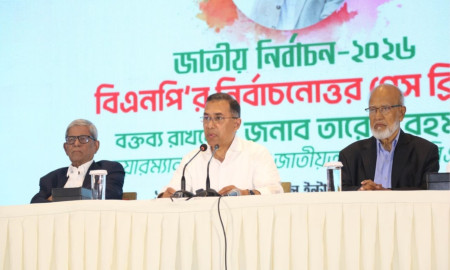Business Education in Madrasas’ Dakhil-Alim Levels Faces Delay

The introduction of a business education department at the Dakhil and Alim levels in madrasas across Bangladesh, initially planned for the 2026 academic year, is unlikely to be implemented immediately, according to officials from the Bangladesh Madrasa Education Board. With approximately 8,000 madrasas offering Dakhil and Alim education—6,474 at the Dakhil level and 1,525 at the Alim level—the initiative to launch business education will commence on a limited scale in select institutions. However, there are currently no plans to extend this to the Alim level due to constraints such as a shortage of students and teachers, as well as limited institutional capacity, board officials confirmed.
Discussions regarding the integration of business education in Alia madrasas remain in the preliminary stage, with no finalized curriculum in place. Sources indicate that the syllabus may be modeled on that of schools and colleges, with potential modifications to incorporate religious perspectives and elements of Islamic economics. The process is still under deliberation, with no concrete decisions on the inclusion or exclusion of specific subjects. To initiate the program, a notice will be issued inviting applications from madrasas, followed by a thorough evaluation of student numbers and institutional capacity to grant approval to selected institutions. The rollout will begin with the Dakhil level in 2026, with plans to gradually extend to the Alim level in subsequent phases.
The decision to introduce business education was formalized by the Ministry of Education on August 13, 2025, through a notice signed by Senior Assistant Secretary Md. Ubaydur Rahman Sahel. The directive instructed the Bangladesh Madrasa Education Board to implement business education in madrasas starting from the January 2026 academic year. This involves developing a comprehensive curriculum and syllabus, determining and preparing subject-specific textbooks, selecting initial madrasas for the program, providing necessary teacher training, recruiting sufficient teachers through the Non-Government Teacher Registration and Certification Authority (NTRCA) as needed, and initiating student enrollment. However, progress on curriculum development remains at an early stage, with no significant advancements or finalized decisions reported.
Professor FM Shakirullah, Controller of Publications at the Madrasa Education Board, told The Daily Campus, “There is a policy decision to launch the business education department from the 2026 academic year. Initially, it will be introduced at the Dakhil level in select institutions based on their capacity. Some additions or omissions to the syllabus may occur. Overall, discussions and preparations are in the preliminary phase, and we are actively working on it.” The delay in finalizing the curriculum and other logistical challenges highlight the complexities of modernizing madrasa education to include business studies, a move aimed at equipping students with practical and professional skills.








